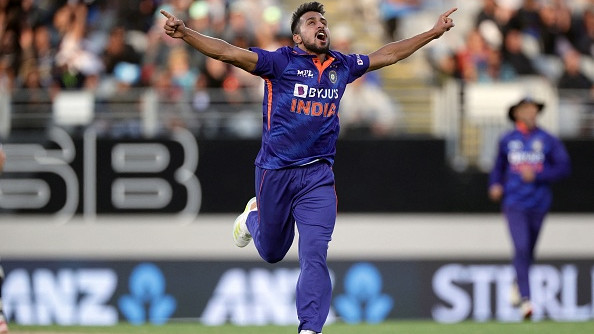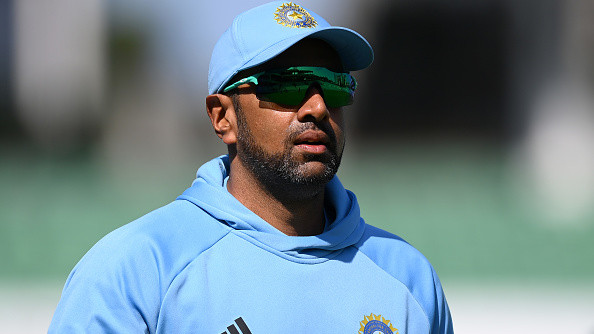 South African pacer Kagiso Rabada was at his amusing best as he provided a detailed pitch analysis on the margins of one of the Caribbean beaches before the second Test against the West Indies.
South African pacer Kagiso Rabada was at his amusing best as he provided a detailed pitch analysis on the margins of one of the Caribbean beaches before the second Test against the West Indies.
The first Test in Trinidad ended in a dramatic tie on a rollercoaster final day, with the home team closing on 201/5 and chasing 298.
In their first innings, the Proteas produced a respectable 357 on a slow and sticky pitch, despite being interrupted by rain. The West Indies responded with only 233 in their first innings, but South Africa raced to 173/3 declared in the second innings, setting the hosts a 298-run mark in 72 overs.
However, more rain resulted in only 56.2 overs of the last innings bowled before both captains shook hands for a draw.
Rabada was seen enjoying on a Caribbean beach, providing insight into how a cricket pitch would perform if built on a sandy surface.
Rabada's evaluation considered the humid circumstances and the soft, sandy characteristics of the imagined pitch, which he predicted would result in an unexpected bounce. He also proposed that a mix of moisture from the adjacent water and dry sand could cause the ball to spin.
Check here:



